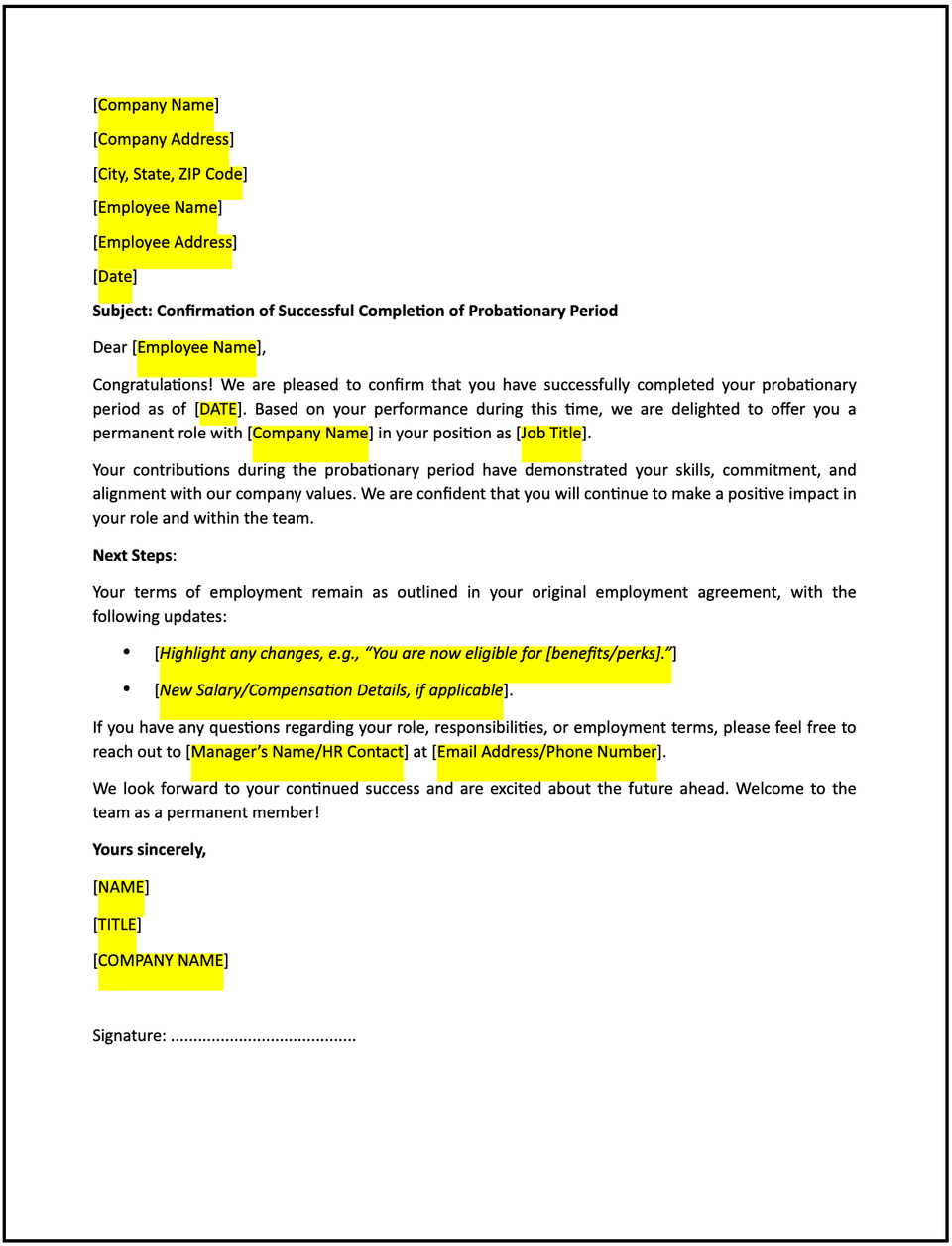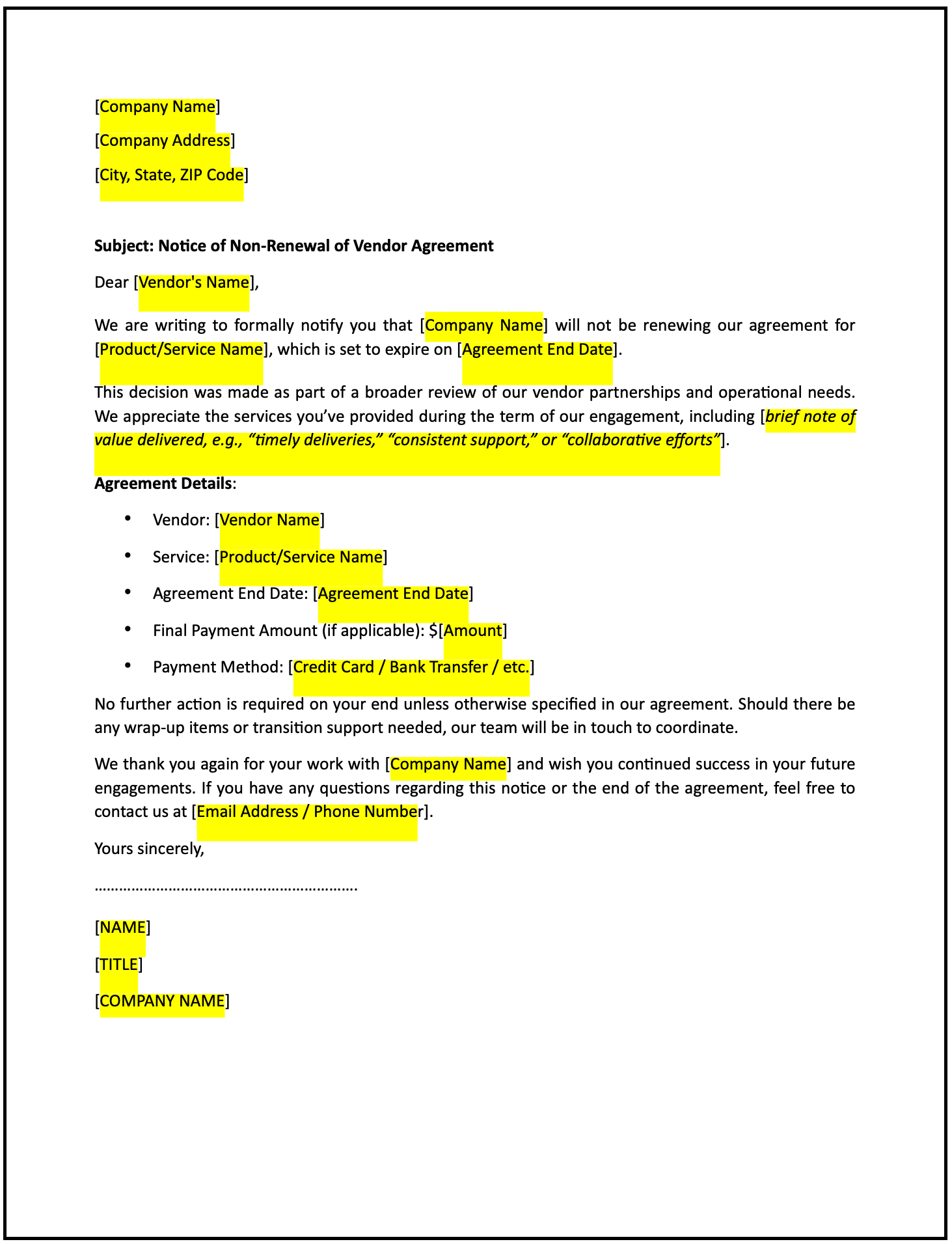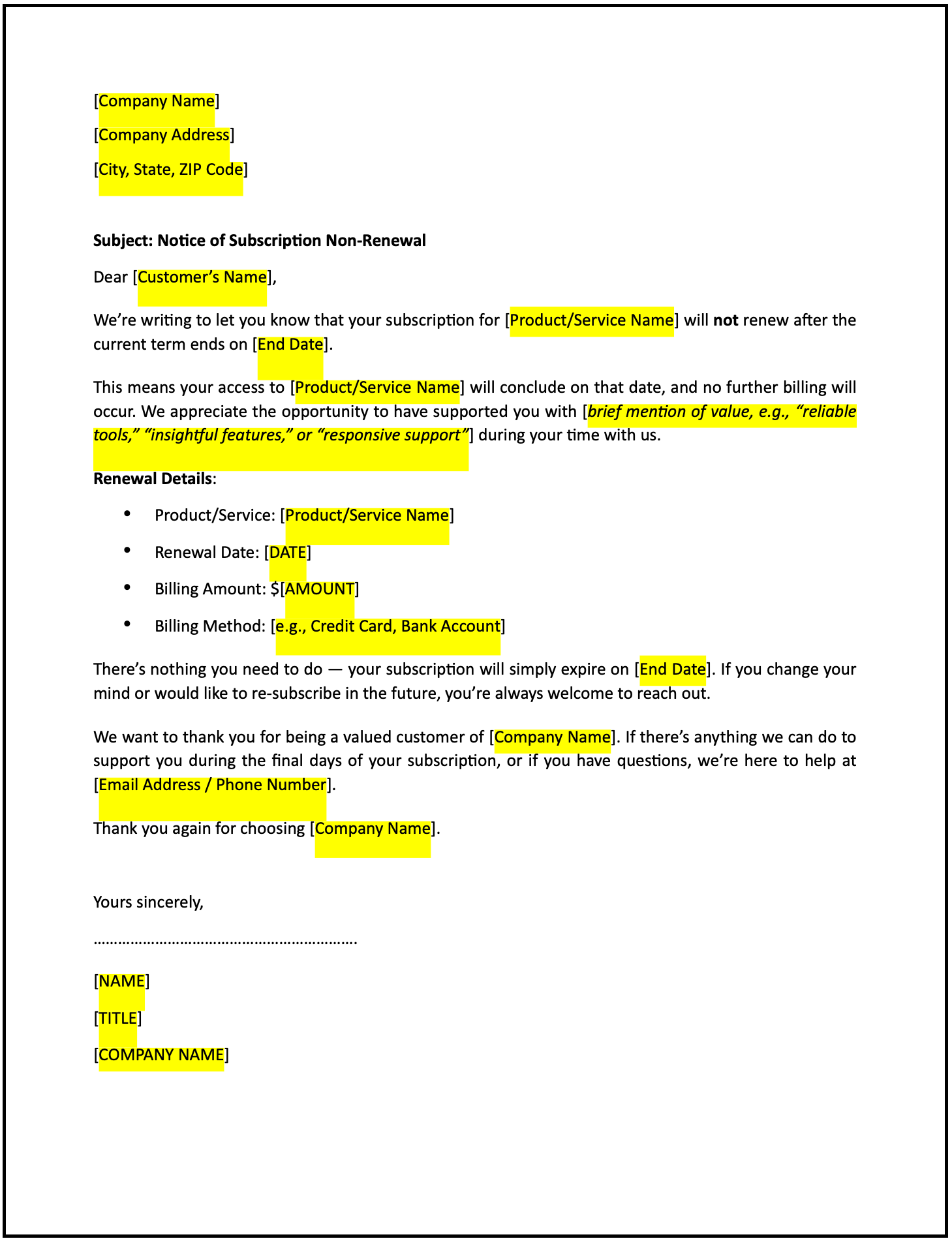Letter of confirmation of successful probationary period and permanent role: Free template

Letter of confirmation of successful probationary period and permanent role
A letter of confirmation of successful probationary period and permanent role is a formal way to acknowledge the employee’s successful completion of their probationary period and confirm their transition to a permanent position. This letter provides clarity, celebrates the milestone, and outlines any next steps.
How to use this letter of confirmation of successful probationary period and permanent role
- Open with congratulations: Begin by congratulating the employee on successfully completing their probationary period.
- Confirm the permanent role: Clearly state that the employee has met the expectations and is now confirmed in their permanent position.
- Highlight achievements: Briefly acknowledge specific contributions or successes during the probationary period, if applicable.
- Outline next steps: Provide information on any changes to employment terms, such as salary adjustments, benefits, or new responsibilities.
- Maintain a professional tone: Ensure the letter is positive, respectful, and clear.
- Encourage engagement: Reaffirm the organization’s commitment to the employee’s growth and success.
- Provide contact information: Include details for further questions or discussions.
Letter of confirmation of successful probationary period and permanent role template
[INSERT]
Benefits of using a letter of confirmation of successful probationary period and permanent role
This letter template ensures a structured and professional way to confirm a permanent role while fostering clarity and motivation. Here’s how it helps:
- Boosts morale: Acknowledging success reinforces the employee’s confidence and motivation.
- Promotes clarity: Clearly outlining the confirmation ensures alignment on the employment terms.
- Reflects professionalism: A well-crafted letter reinforces the organization’s commitment to its employees.
- Strengthens relationships: Positive communication fosters goodwill and long-term engagement.
- Provides documentation: Creating a formal record of the confirmation is valuable for HR and compliance purposes.
Tips for writing an effective letter of confirmation of successful probationary period and permanent role
- Be specific: Clearly reference the probationary period and confirm the permanent role, including any updated terms.
- Use professional language: Maintain a positive and supportive tone to celebrate the employee’s achievement.
- Highlight achievements: Briefly mention key successes or contributions during the probationary period.
- Include next steps: Provide details on any changes to employment terms, responsibilities, or benefits.
- Keep it concise: Focus on the key points while ensuring the tone is celebratory and professional.
Frequently asked questions (FAQs)
Q: What details should I include in this letter?
A: Include confirmation of successful probation completion, updated terms (if any), and acknowledgment of achievements.
Q: Should I personalize the letter?
A: Yes, addressing the employee directly and mentioning specific contributions ensures clarity and attentiveness.
Q: Who typically sends this letter?
A: The employee’s manager, supervisor, or an HR representative usually sends this letter.
Q: How formal should this letter be?
A: The tone should be professional yet celebratory, focusing on recognition and motivation.
Q: When should this letter be sent?
A: Send the letter promptly after the probationary period ends and the decision to confirm the role is made.
Q: Can this letter include career development opportunities?
A: Yes, mentioning growth opportunities demonstrates the organization’s commitment to the employee’s success.
Q: Is acknowledgment from the recipient required?
A: While not mandatory, requesting acknowledgment ensures the employee understands the confirmation.
This article contains general legal information and does not contain legal advice. Cobrief is not a law firm or a substitute for an attorney or law firm. The law is complex and changes often. For legal advice, please ask a lawyer.


